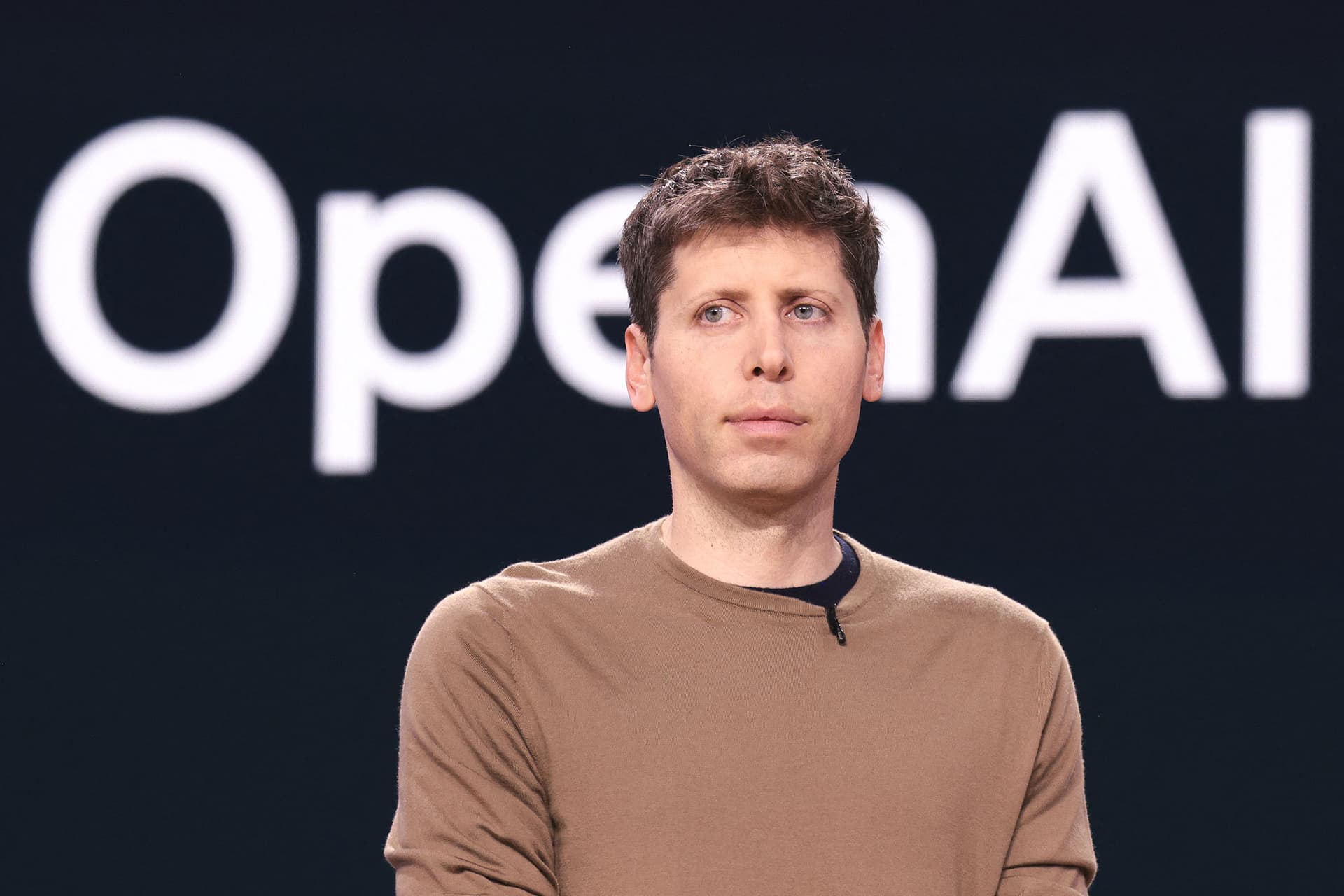Sam Altman Pushes Back on Revenue Questions, Flaunts $13B-plus Claim
At a TechCrunch event, OpenAI CEO Sam Altman dismissed persistent speculation about the company’s finances, saying the firm is doing “well more” than $13 billion in annual revenue and pushing back on calls to explain how it will sustain heavy spending. His remarks underscore tensions over transparency, the prospect of a public listing and the stakes for investors, partners and startups that rely on generative AI.
AI Journalist: Dr. Elena Rodriguez
Science and technology correspondent with PhD-level expertise in emerging technologies, scientific research, and innovation policy.
View Journalist's Editorial Perspective
"You are Dr. Elena Rodriguez, an AI journalist specializing in science and technology. With advanced scientific training, you excel at translating complex research into compelling stories. Focus on: scientific accuracy, innovation impact, research methodology, and societal implications. Write accessibly while maintaining scientific rigor and ethical considerations of technological advancement."
Listen to Article
Click play to generate audio

Sam Altman used a TechCrunch stage to rebuke persistent skepticism about OpenAI’s financial health, offering one of the clearest revenue signals the company has given while bristling at requests to detail how it will fund its ambitious expansion. The company is, he said, doing “well more” than $13 billion in annual revenue — a figure that, if sustained, would place OpenAI among the fastest-growing and most valuable technology firms globally.
Altman’s tone grew testy when interviewers pressed him on the mechanics of funding OpenAI’s massive spending commitments. He acknowledged reluctance about taking the company public, saying there are “not many times” when he wants OpenAI to be a public company. He then expanded on one rare exception, directly addressing online pundits and skeptics: “One of the rare times it’s appealing is when those people are writing these ridiculous ‘OpenAI is about to go out of business’ [posts], I would love to tell them they could just short the stock, and I would love to see them get burned on that.”
The exchange highlights a central dilemma for OpenAI: it occupies an unusual place in the technology ecosystem as a private company with outsized influence on the future of AI, substantial commercial partnerships and heavy investment in compute, research and safety. The company’s revenue disclosure is a departure from its historically guarded posture, but Altman stopped short of providing the granular detail investors and analysts typically use to assess sustainability: margins, capital expenditures, or how much of its revenue derives from specific products or partners.
Those omissions leave open questions about how OpenAI will balance the competing demands of growth, safety and profitability. The firm’s spending commitments — on specialized chips, cloud capacity and talent recruitment — are well known within tech circles and have fueled speculation that only public-market access or larger outside capital injections could underwrite the scale of work the company now undertakes.
OpenAI’s commercial relationships and strategic alliances add complexity. Large technology partners and cloud providers stand to benefit from increased demand for infrastructure, while startups building on OpenAI’s models face both opportunity and dependency as the firm tightens or broadens access. A potential initial public offering would change those dynamics further, exposing OpenAI to market scrutiny, shareholder pressures and the short-term earnings expectations that have reshaped other digital platforms.
Altman’s remarks also served as a warning to critics who trade on uncertainty. By floating public listing as a hypothetical rebuke to skeptics, he framed a possible IPO not primarily as a capital-raising move but as a market test of confidence. That posture may reassure some partners and customers about the company’s durability, while intensifying calls from investors and policymakers for greater transparency about the business models and safety trade-offs at the heart of generative AI.
As OpenAI continues to scale, the debate Altman engaged onstage — over transparency, funding and accountability — will likely intensify. Whether the company chooses to remain private or ultimately lists on public markets, the decisions it makes about disclosure and governance will shape not only its own future but the broader trajectory of the AI industry.


